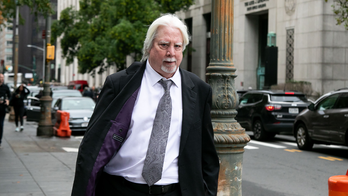The President is proposing that Congress pass two temporary expansions of critical Small Business Administration (SBA) lending programs. These are both legislative proposals designed to help small businesses through what continues to be a difficult period in credit markets.
1. Expand SBA’s existing program to temporarily support refinancing for owner-occupied commercial real estate loans:
Eligible small businesses will have commercial first mortgage loans or existing 504 first mortgage loans that are maturing in the next year. In order to qualify, businesses will have to be current on all loan payments for the previous year. Lenders that are refinancing mortgages for existing customers will make a loan for up to 70 percent of the current property value; and SBA will help finance the remaining 20 percent. For new lenders taking on a refinancing project, SBA will take on a greater share of financing, up to 40 percent.
SBA’s proposal for a temporary, zero-subsidy CRE refinancing program would be funded through additional fees for refinancing projects, not through a Congressional appropriation. This proposal will help refinance up to $18.7 billion each year in commercial real estate that might otherwise be foreclosed and liquidated.
2. Temporarily increase the cap on SBA Express loans from $350,000 to $1 million:
The President is proposing to temporarily increase the maximum SBA Express loan size to $1 million, which would expand the program’s ability to help a broad range of small businesses. Unlike traditional 7(a) loans, lenders can use their own paperwork for SBA Express loans, which can be structured as revolving lines of credit. Currently, these Express loans are capped at $350,000 and carry a 50 percent guarantee. Fees would cover virtually all of the added costs of this proposal.
These proposals complement the President’s broader small business agenda - a key part of his overall jobs plan. The other elements of the small business agenda include:
• Extending small business expensing and bonus depreciation for 2010. Eliminating capital gains for small businesses in 2010.
• A Small Business Jobs and Wages Tax Credit that would cut taxes for more than 1 million small businesses by paying up to $5,000 for every net new job and covers payroll taxes on overall wage increases in excess of inflation.
• A $30 billion Small Business Lending Fund to provide capital for community banks and an incentive to increase lending to small businesses.
• Additional SBA lending proposals, including an extension of the Recovery Act programs that eliminate fees and raise guarantees on 7(a) loans and permanent increases in the maximum loan sizes for major SBA programs.




